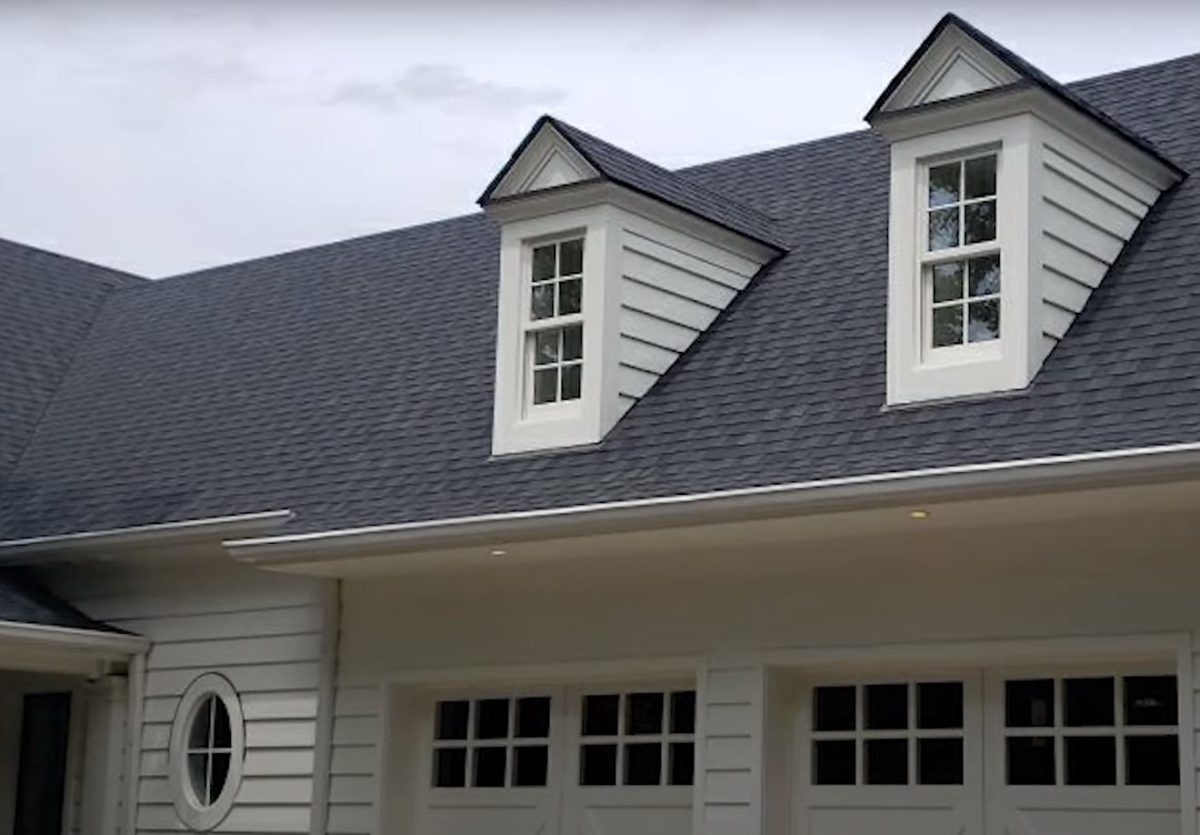Understanding the Water Absorption Capabilities of Asphalt Shingles in Auckland
Asphalt shingles are becoming increasingly popular in Auckland’s diverse architectural landscape. Suburbs like Papakura, Manukau, and West Harbour are witnessing a growing use of this versatile roofing material, largely due to its affordability and aesthetic appeal. A common question that arises when considering asphalt shingles is, “Do asphalt shingles absorb water?” This article explores the answer, discusses the different types of asphalt shingles, and provides advice on selecting the most economical, eco-friendly, and durable option that fits your aesthetic preferences.
Do Asphalt Shingles Absorb Water?
In a nutshell, asphalt shingles are designed to repel, not absorb water. They are made of either organic or fiberglass material, coated with asphalt to create a waterproof barrier, and then topped with mineral granules that provide additional weather resistance and color.
However, while asphalt shingles are designed to be water-resistant, they are not impervious to water intrusion. Over time, exposure to harsh weather conditions, poor installation, or lack of maintenance can lead to issues such as curling or cracking, which could potentially allow water to seep beneath the shingles. Additionally, organic shingles, which contain a high percentage of wood or paper fiber, are more susceptible to water absorption and related issues like rot and mildew compared to their fiberglass counterparts.
Different Types of Asphalt Shingles
There are three main types of asphalt shingles used in Auckland – 3-tab, dimensional (also known as architectural or laminate), and luxury.
- 3-tab shingles are the most basic and economical type of asphalt shingle. They are lightweight, flat, and have a uniform shape and size. While they are the most affordable, they tend to have a shorter lifespan and offer less aesthetic appeal.
- Dimensional shingles are thicker and more durable, offering a more textured, attractive appearance. They are more expensive than 3-tab shingles, but their longevity and aesthetic appeal often justify the extra cost.
- Luxury shingles are the highest quality asphalt shingles, designed to mimic the look of natural slate or cedar shake roofs. They are thicker and more durable, but also the most expensive.
Choosing the Right Asphalt Shingle for Your Auckland Home
In terms of cost-effectiveness, 3-tab shingles are the clear winner. However, the marginally higher cost of dimensional shingles can be a worthwhile investment considering their longer lifespan and added curb appeal, especially in aesthetically-conscious suburbs like Manukau and West Harbour.
For eco-friendliness, asphalt shingles generally lag behind other materials due to their petroleum content and shorter lifespan. However, choosing fiberglass-based shingles can be a more eco-friendly option, as they contain less asphalt and are more durable. Also, ensure to select shingles from manufacturers who take back old shingles for recycling to reduce landfill waste.
Asphalt shingles, especially dimensional and luxury variants, offer excellent durability and can withstand Auckland’s diverse weather conditions. Fiberglass-based shingles offer the best resistance against moisture absorption and related issues.
Finally, aesthetic preferences are subjective. 3-tab shingles offer a clean, uniform look, while dimensional and luxury shingles offer a more textured, visually appealing finish. Luxury shingles, designed to mimic natural materials, can significantly enhance the visual appeal of your home.
Wrapping Up
While asphalt shingles are designed to be water-resistant, factors like aging, poor installation, and lack of maintenance can make them susceptible to water intrusion. Selecting high-quality shingles and ensuring proper installation and regular maintenance can help maximize their lifespan and performance.
Whether you live in Papakura, Manukau, or West Harbour, asphalt shingles offer a cost-effective, durable, and aesthetically pleasing roofing option. However, it’s crucial to make an informed decision, considering all factors, including cost, eco-friendliness, durability, and aesthetics. Consulting with a local Auckland roofing contractor can also provide personalized advice, ensuring you choose the right roofing material for your Auckland home.

